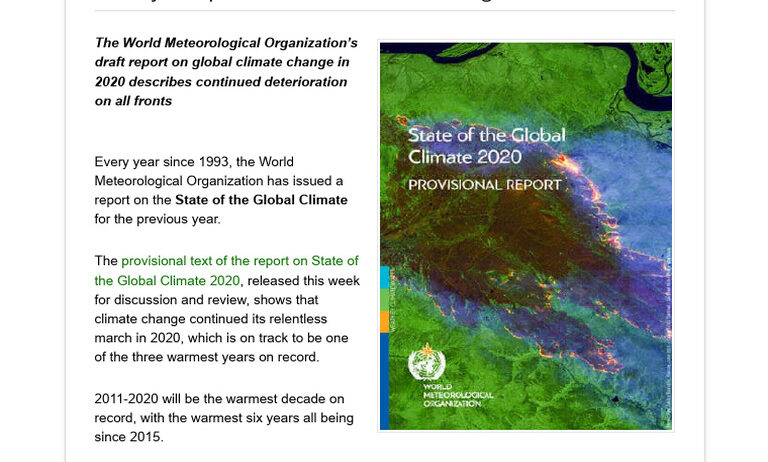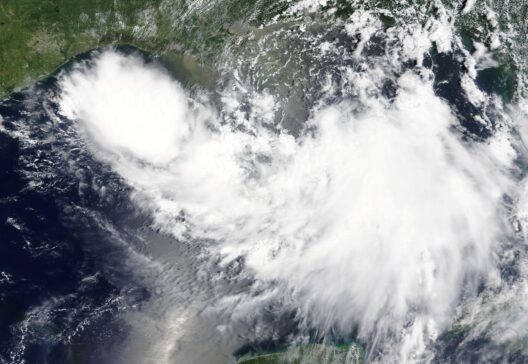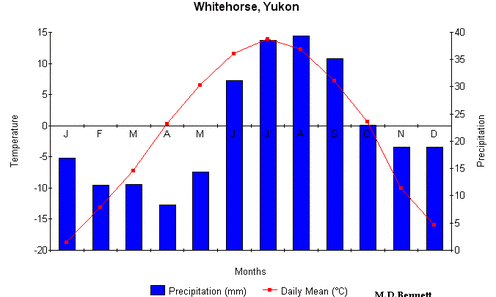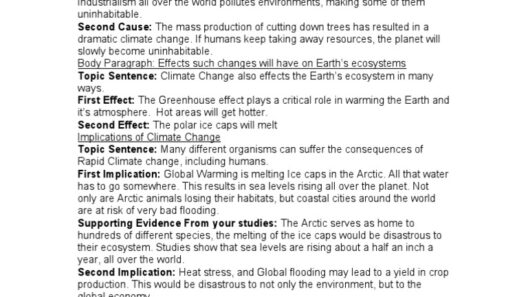Climate change is an insidious specter, lurking in the shadows of modern society, intricately weaving its threads into the very fabric of our existence. As temperatures climb and weather patterns shift, the repercussions of this global crisis become evident, permeating every corner of the Earth and touching lives in ways both profound and palpable.
The canvas of climate change shows a chilling portrait of the world. Vulnerable populations, often residing in the most precarious of circumstances, are thrust into the eye of the storm. People living in low-lying coastal areas face existential threats from rising sea levels, while those in arid regions grapple with the devastating consequences of prolonged drought. The marginalized and disenfranchised are particularly susceptible, their voices drowned in the symphony of climate adversity. Displacement becomes their new reality—a phenomenon that creates climate refugees, as entire communities are forced to abandon their homes in search of safety.
The impacts of climate change extend well beyond the geographical confines of those directly affected. It is a global affair that reverberates through economies, ecosystems, and societies, acting as a giant ripple in a still pond. The agricultural sector feels the strain acutely. As rainfall patterns become erratic and temperatures soar, crop yields diminish, threatening food security on a worldwide scale. The interconnectedness of global food systems means that famine in one region can reverberate across continents, leading to food shortages, soaring prices, and civil unrest. The specter of hunger looms ominously on the horizon, affecting those least equipped to cope with its harsh realities.
Moreover, climate change engenders a cascade of health crises. The rise in temperature fosters the proliferation of vector-borne diseases, such as malaria and dengue fever, creating a public health nightmare in areas previously untouched by these afflictions. Heatwaves become more frequent and extreme, posing risks for vulnerable populations—the elderly, the young, and those with preexisting health conditions—demanding urgent attention from healthcare systems straining under the pressure. The nexus of climate change and health is a poignant reminder that our well-being is inextricably linked to the health of the planet.
Yet, the impacts of climate change do not discriminate solely based on geography or socioeconomic status. They also manifest through the prism of injustice and inequality. Indigenous communities, often stewards of their ancestral lands, bear the brunt of environmental degradation. Their holistic relationship with nature is being undermined by climate changes that alter ecosystems and displace wildlife. The marginalization of these groups raises ethical questions about justice and representation. Whose voices are prioritized in the narratives of climate change? This question echoes through the halls of international discussions, demanding answers that recognize the humanity and rights of all people.
Equally concerning is the impact on the economy. Economic stability is imperiled as industries that depend on natural resources—fishing, forestry, and agriculture—face uncertainty. Insurance costs surge in response to increasing natural disasters, and countries may find themselves grappling with mounting reparations and recovery costs post-catastrophes. As climate-related disasters become the new norm, governments must adapt, diverting funds that could have been used for education, infrastructure, and healthcare to manage the fallout. This cycle of vulnerability threatens to create a perpetual state of crisis, reducing the quality of life for millions.
The implications of climate change extend into the very heart of global security. Resource scarcity results in heightened tensions and competition between nations. Water—a fundamental human right—is becoming a contentious issue in regions already plagued by political strife. As countries vie for dwindling water resources, the potential for conflict escalates. Climate change, thus, transcends environmental concerns to become a pressing matter of global peace and stability.
It is crucial to recognize that while climate change impacts are expansive, they are not insurmountable. Awareness is the first step towards action. Promoting education and understanding around climate issues fosters a sense of collective responsibility. As individuals, communities, and nations come together, they can galvanize efforts to combat the climate crisis through sustainable practices, policy advocacy, and innovative solutions. Investing in renewable energy, reforestation, and sustainable agriculture are tangible pathways towards a more resilient future.
The urgency of the climate crisis cannot be overstated. The time for action is now—before the threads of our global tapestry unravel beyond repair. Every small effort counts in this intricate dance against climate change; it is a symphony that requires harmony among all stakeholders. The impacts will continue to unfold, but the collective resolve to safeguard our planet can stem the tide of this burgeoning crisis.
As individuals navigate the landscape of climate change, they are reminded that the stakes are impossibly high. It is not merely an environmental issue; it is an invitation to reevaluate our relationship with the Earth and each other. To mitigate climate change’s impacts, we must embrace interconnectedness—the realization that our fates are intertwined in this shared existence. The legacy we carve out today will resonate through generations, shaping the world they inherit from us. In the battle against climate change, we must emerge not only as survivors but as champions for a sustainable, equitable, and thriving future.








